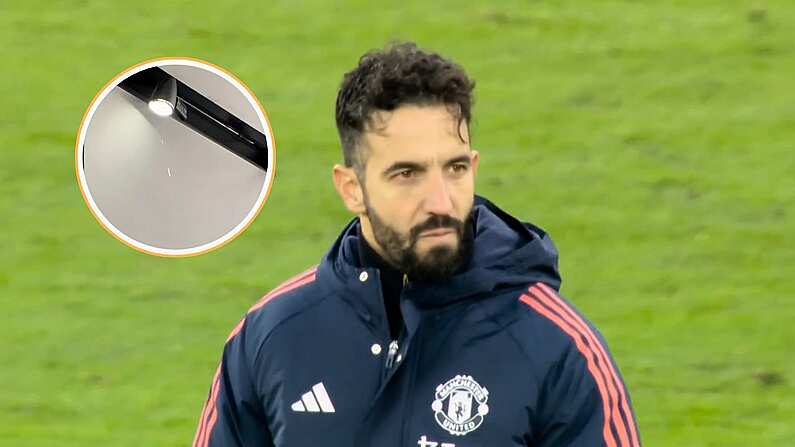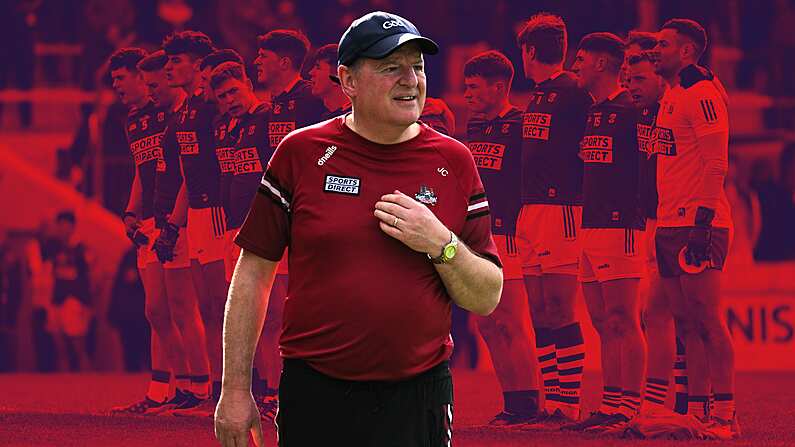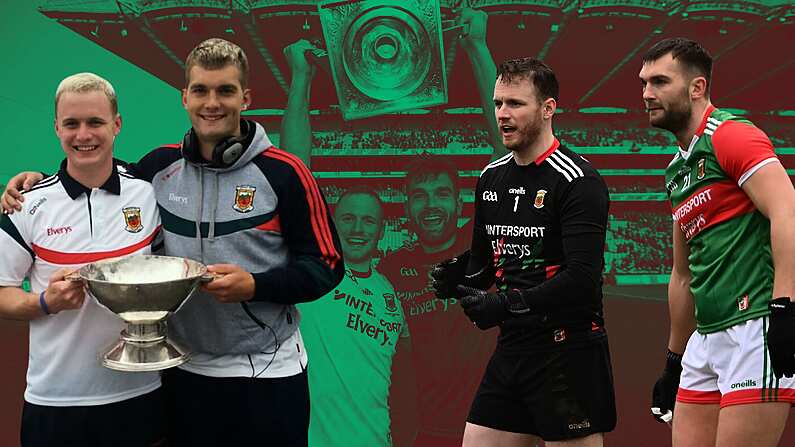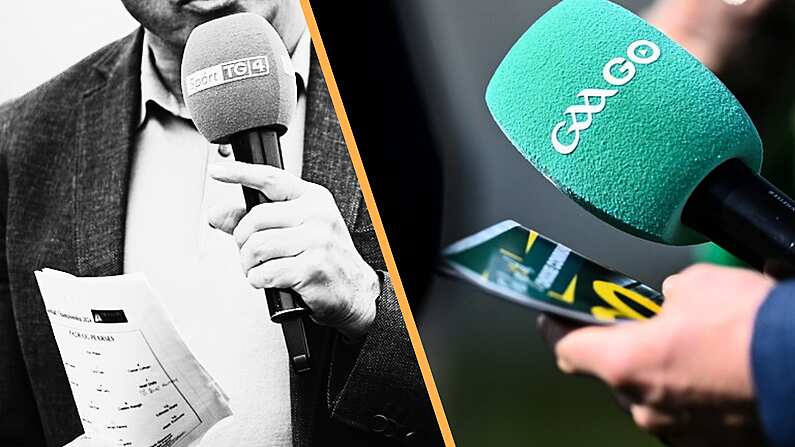Across the whole island of Ireland this weekend, the GAA are set to make the centenary of an event known as Gaelic Sunday. So, what is Gaelic Sunday?
According to the GAA's official website; "August 4 1918 was one of the most remarkable days in the history of the GAA." Remembered now as Gaelic Sunday, it was, for all intents and purposes, "the day when the GAA peacefully stood against the British Empire - and won!"
What is Gaelic Sunday?
August 4 1918:
Two years before the event that would come to be known as 'Bloody Sunday,' members of the relatively nascent GAA staged a peaceful protest in opposition to the tyranny of British rule. The horrific scenes that would follow on November 21 1920 demonstrated to some extent the vengeful nature of the behemoth that was being confronted.
Captured in all its alarming brutality by Michael Foley in his seminal study, The Bloodied Field, only a small extract is required to instill the sense of overwhelming cruelty that the GAA would later be forced to deal with.
A row of Black and Tans took positions along the bridge looking into Croke Park and started firing into the ground. People surged onto the pitch trying to escape the line of fire.
In August 1918, with World War I still a few bloody months from its eventual end, the prospect of forced conscription for Irish citizens had been met with resounding opposition. Given its important role within Irish society, the British authorities identified the GAA as a determining factor in Ireland's unwillingness to cede to these demands.
Attempting a crackdown on GAA activities, British authorities ordered that "no matches could take place without prior permission being sought and granted."
In defying this order, Gaelic Sunday was to be the GAA's ultimate, peaceful rebuttal.
Across every parish in Ireland, at 3pm on Sunday 4 August, a match would be held.
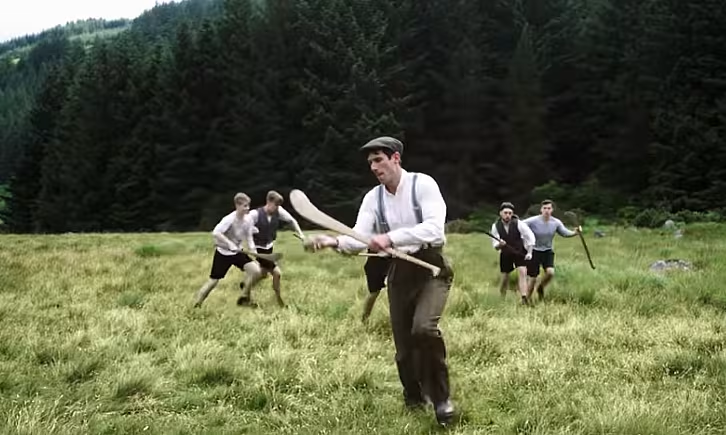
An incredibly successful event one hundred years ago, Gaelic Sunday saw "an estimated 54,000 players participate in a game with over 100,000 watching across the entire island." In the end, it forced the British authorities to abandon their draconian ruling.
August 4/5 2018:
With plenty of elite-level GAA action taking place this weekend, Gaelic Sunday will be offered a joint-celebration. According to the GAA; "The centenary of Gaelic Sunday will be marked in a special way at these matches over that weekend. Match programmes will Feature informative articles on the history and significance of Gaelic Sunday."
However, across the country GAA clubs will mark the occasion in their own special way too:
Some clubs who played each other in matches 100 years ago on Gaelic Sunday will play again this August, others are organising club history days, pitch openings or internal matches or family days to coincide with this weekend.
Gaelic Sunday has truly gripped GAA clubs all across the country. It's not too late for you to get involved either. If you want to find a club near you that is participating in the celebrations, a full list is available here.
So, if someone asks you, 'What is Gaelic Sunday?' Now you can tell them.





